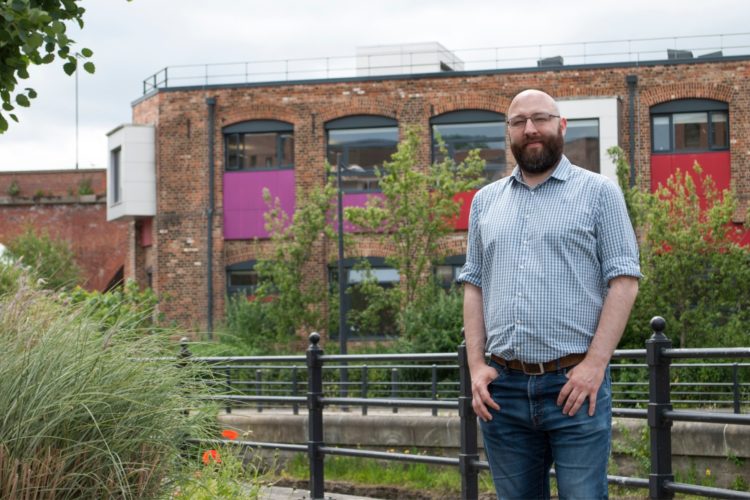The planning profession as a whole is primarily comprised of those working in the private sector and those working in the public sector. Within the private sector, planners are largely working on behalf of clients to ensure that projects are given the best representation and best chance at being granted planning permission. Within the public sector, planners are primarily working on behalf of the local planning authority to determine which projects are suitable to receive planning permission.
One of the key strengths of private planning consultancies lies in their ability to provide tailored solutions to clients’ specific needs. They work closely with developers, local authorities, and community stakeholders to assess the feasibility of projects, conduct comprehensive site analysis, and develop robust strategies. Whether it’s a residential development, commercial complex, or infrastructure project, these consultancies have the expertise to address intricate planning issues, such as transportation, environmental impact, and heritage conservation.
Will Laing MRTPI, Chartered Planner, has been with us for just over a year, making the move from the public sector with 14 years of experience in managing complex planning applications and appeals, including Public Inquiry, for a wide range of sectors. He has also brought a wealth of experience in the processing and determining of planning applications for EIA development and other large-scale and complex development.
With a year at EP under his belt, we wanted to ask Will some questions about the move from the public sector to private sector and how his prior experience has helped shaped his current role and approach to planning.
What have you found to be the biggest change from the public sector to the private sector?
The change certainly has been an interesting one, however the most notable change is the discovering just how much work goes into project prior to the submission and how many non-planning requirements of the client need to be balanced against the planning application.
How have you found your public sector experience benefiting your work in the private sector?
Having a working knowledge of the LPA procedures and an in-depth knowledge of how Local Authority Planners think and what they look for when assessing applications is invaluable in ensuring that sufficient information is submitted with an application, and how to present that information in a manner that hopefully makes it easier for the Case Officer to approve the application.
After working in the private sector of planning, what would you tell your past self in the public sector?
The move from LPA to private sector may have seemed a daunting one at the time (with the LPA pension scheme remaining a significant incentive to remain), however in hindsight the experience has been entirely positive.
It is an unfortunate situation that after my graduation and starting work in 2008, Local Authorities have been hit hard by austerity measures. This has left LPA officers with frozen wages, understaffed teams, increased workloads, a lack of resources, eroded working conditions, and limited or no prospect of career advancement.
I would recommend to anyone considering making the switch to try and get as much experience on a broad range of applications as possible, and look for a company who’s culture and size would suit your personality and career ambitions.
To find out more about the work that we do you can look at our services here, as well as a selection of the projects we have worked on in our portfolio here. You can also keep to date with us on LinkedIn and Twitter.

